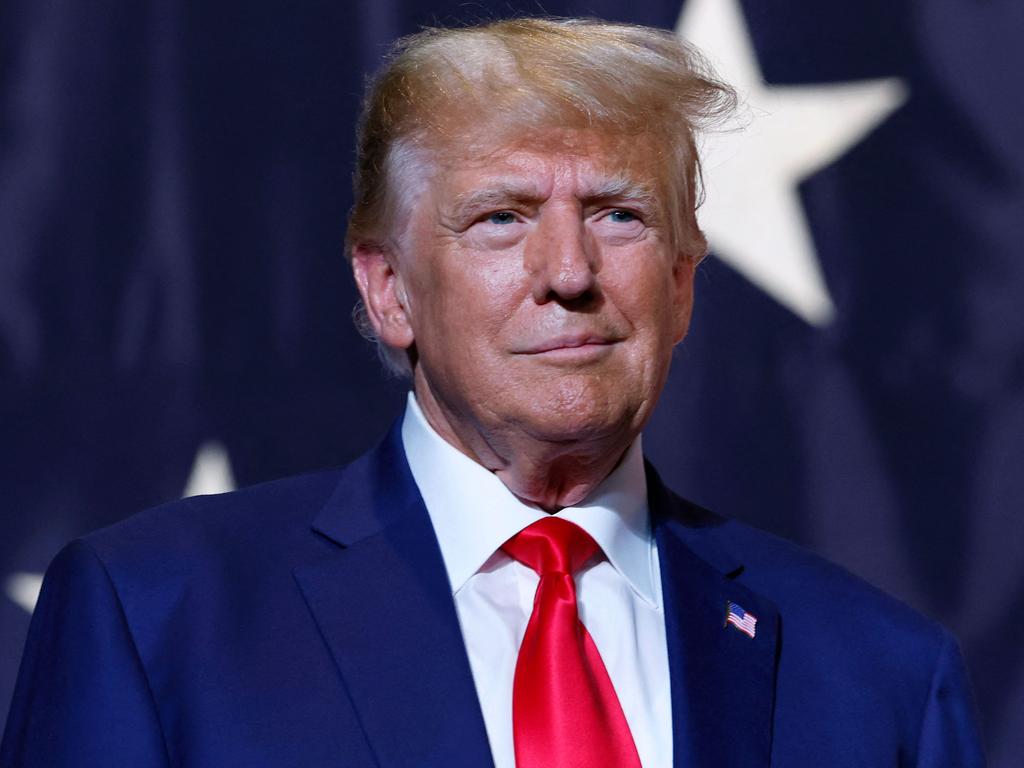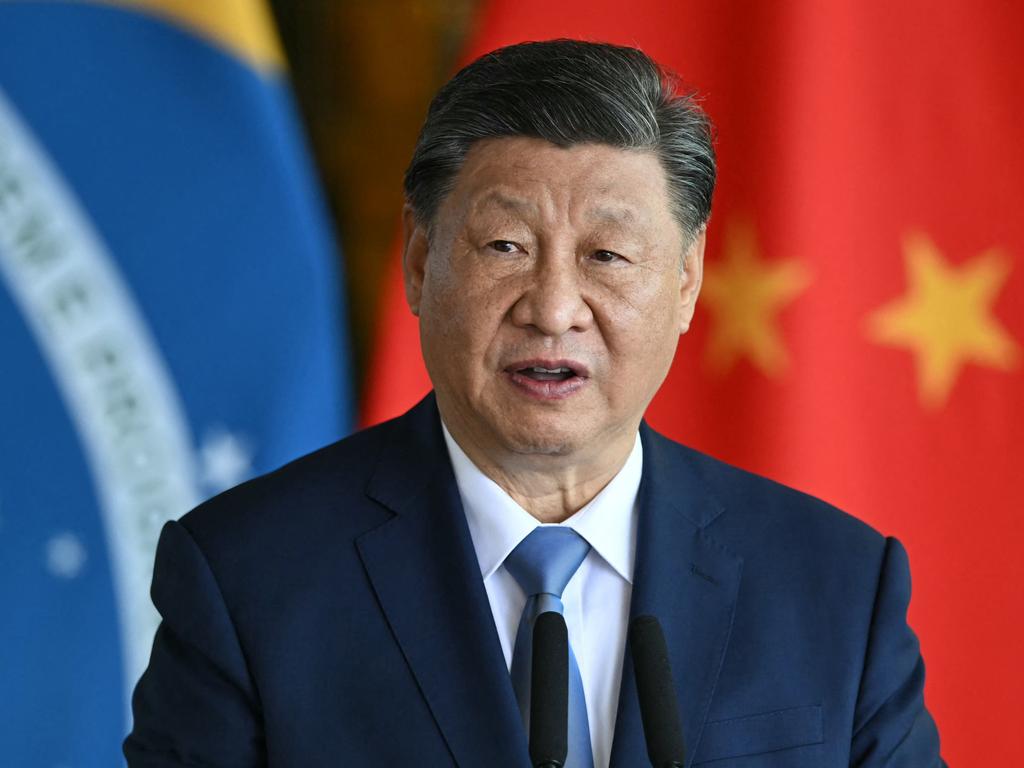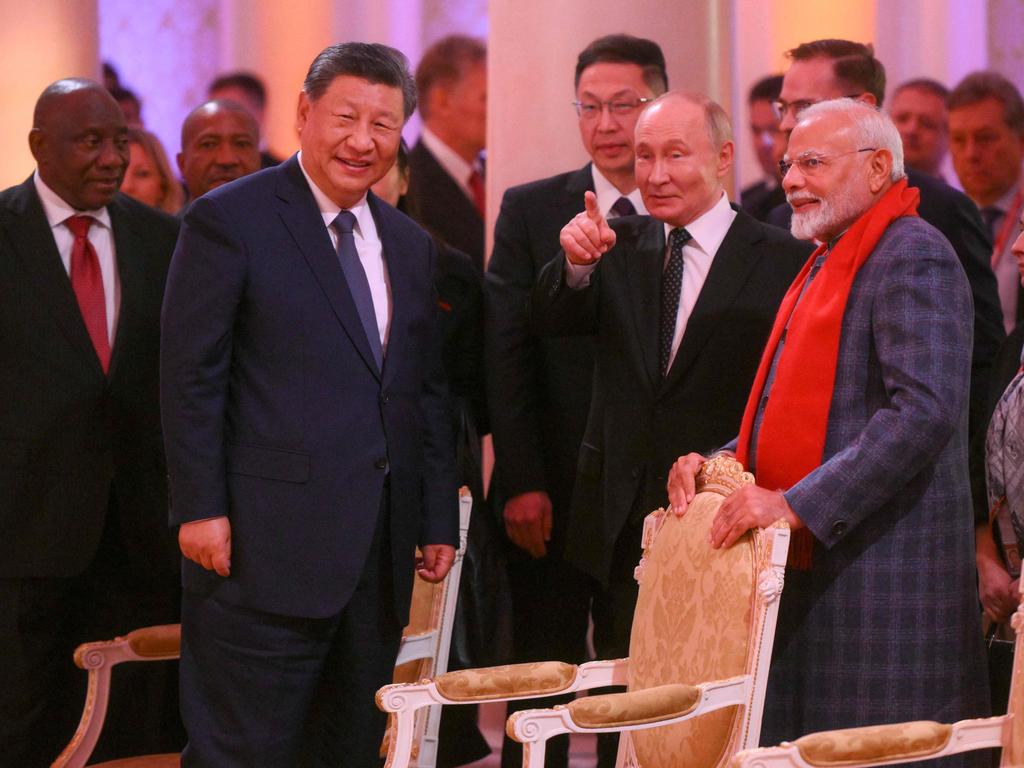The world is witnessing a tectonic shift in the balance of economic power as the United States and the BRICS alliance lock horns over the future of global trade and finance. The stakes are monumental, with Washington, under both current and potentially future leadership, laying out aggressive warnings against any attempts to undermine the dollar’s dominance. The geopolitical ripple effects of this clash could shape the 21st-century economic order.
The BRICS Challenge: A New Global Order?
Since its inception in 2009, the BRICS bloc—comprising Brazil, Russia, India, China, and South Africa—has symbolized a rising challenge to the Western-dominated global order. The coalition has steadily expanded its influence, incorporating new members such as Iran, Egypt, and the UAE, which signal its ambitions for a multipolar world. The BRICS nations account for a significant portion of the global population and a considerable share of economic output, making their initiatives a credible counterweight to traditional Western institutions like the G7.
For Russian President Vladimir Putin, the BRICS platform is vital to counteract the economic isolation imposed by Western sanctions following the Ukraine conflict. In recent summits, Putin has championed the idea of a “multipolar world order,” emphasizing the need to reduce reliance on the US dollar and develop alternatives that reflect the interests of non-Western nations.
This agenda has included the promotion of settlement in local currencies, efforts to bypass Western financial systems such as SWIFT, and discussions around a potential BRICS currency. Though concrete steps remain nascent, these ambitions represent a direct challenge to the hegemony of the US dollar, which underpins the current global trade and finance architecture.
Trump’s Offensive: Economic Nationalism at the Forefront
Donald Trump, known for his unabashed brand of economic nationalism, has escalated the rhetoric against BRICS, framing their initiatives as a direct threat to American supremacy. His recent warnings, including the potential imposition of 100% tariffs on BRICS nations, reflect a broader strategy of protectionism designed to safeguard the US economy and the dollar’s global role.
In a statement on Truth Social, Trump lambasted the BRICS coalition, dismissing their ambitions to challenge the dollar and threatening severe repercussions for nations that pursue alternative currencies. “They can go find another ‘sucker!’” he declared, asserting that the US market would be off-limits to countries that align with efforts to undermine the dollar.
This tough stance aligns with Trump’s broader campaign promises to restore American independence and counter perceived external threats to the nation’s economic dominance. His approach also underscores a stark departure from multilateralism, prioritizing unilateral measures to reinforce the US’s strategic interests.

The Dollar’s Fragility: A Battle for Financial Sovereignty
At the heart of this geopolitical contest lies the question of the US dollar’s enduring dominance. The dollar has been the backbone of international trade and finance since the Bretton Woods system established its primacy in the mid-20th century. However, recent years have seen growing discontent among emerging economies over the dollar’s outsized influence, particularly its use as a tool for US foreign policy through sanctions and monetary policy shifts.
The BRICS nations have sought to reduce their vulnerability to dollar-centric systems by fostering alternatives. Russia, in particular, has intensified these efforts in response to Western sanctions that have limited its access to dollar-denominated markets. By promoting local currencies and exploring mechanisms to bypass SWIFT, the BRICS bloc aims to create a more equitable financial system less tethered to Washington’s decisions.
Despite these ambitions, the creation of a unified BRICS currency remains elusive. At the Kazan summit in October, Putin acknowledged the challenges in developing an alternative financial messaging system, let alone a new currency. “As for a unified BRICS currency, we are not considering that question at the moment,” he conceded, signaling that such projects may still be years away.
Geopolitical Implications: A Cold War Redux?
The escalating confrontation between the US and BRICS carries profound geopolitical implications, evoking comparisons to the Cold War era. Just as the ideological battle between capitalism and communism shaped the mid-20th century, the current struggle revolves around economic systems and the distribution of global power.
For the US, the dollar’s dominance is not just an economic tool but a critical pillar of its geopolitical clout. The ability to impose sanctions, regulate international transactions, and control access to global markets gives Washington leverage over allies and adversaries alike. A successful BRICS challenge to the dollar would erode this advantage, diminishing US influence on the world stage.
Conversely, for BRICS nations, reducing dependence on the dollar is both a strategic imperative and a symbol of sovereignty. As emerging powers, they view the current financial order as disproportionately favoring Western interests. For Russia and China in particular, challenging the dollar aligns with broader efforts to counter US hegemony and assert their roles as global leaders.

Economic Risks and Opportunities
The economic ramifications of this standoff extend beyond the immediate players. For global markets, any shift away from the dollar as the primary reserve currency could introduce volatility and uncertainty. The dollar’s status has long provided stability, acting as a haven in times of crisis. A fragmentation of the financial system could disrupt this equilibrium, with unpredictable consequences for trade, investment, and monetary policy.
However, for nations in the Global South, the prospect of a multipolar financial order offers opportunities to diversify their economic partnerships and reduce exposure to dollar-driven shocks. By engaging with BRICS initiatives, these countries could gain access to alternative funding sources, trade mechanisms, and development projects that align more closely with their needs.
Washington’s Strategic Dilemma
The US faces a strategic dilemma in responding to the BRICS challenge. On one hand, a hardline approach, as advocated by Trump, seeks to deter rivals through threats of economic retaliation. This strategy, however, risks alienating potential partners and accelerating the shift toward alternative systems.
On the other hand, a more cooperative approach would involve addressing the grievances driving BRICS nations toward greater independence. By reforming international institutions like the IMF and World Bank to better reflect the interests of emerging economies, the US could maintain its leadership role while mitigating the demand for alternatives.
A Global Crossroads
As the US and BRICS vie for economic supremacy, the world finds itself at a crossroads. The outcome of this struggle will shape the future of globalization, with far-reaching implications for trade, development, and international relations.
For Washington, the challenge is clear: adapt to a multipolar reality or risk losing its privileged position. For BRICS, the road ahead requires overcoming internal divisions and logistical hurdles to translate their ambitions into actionable change.
The stakes could not be higher. In an interconnected world, the consequences of this clash will resonate far beyond the confines of economic policy, touching on questions of sovereignty, security, and the very structure of the global order. Whether through confrontation or compromise, the unfolding drama between the US and BRICS will leave an indelible mark on the 21st century.
The US-BRICS confrontation encapsulates a broader struggle for the soul of the global economy. It is a battle not just over currency and trade but over the values and structures that define international power. As Trump warns of punitive measures against BRICS nations and Putin champions a multipolar world, the question looms: can the old guard and emerging powers find a way to coexist, or is a new economic iron curtain descending? Only time will tell, but the stakes for nations across the globe could not be more profound.



